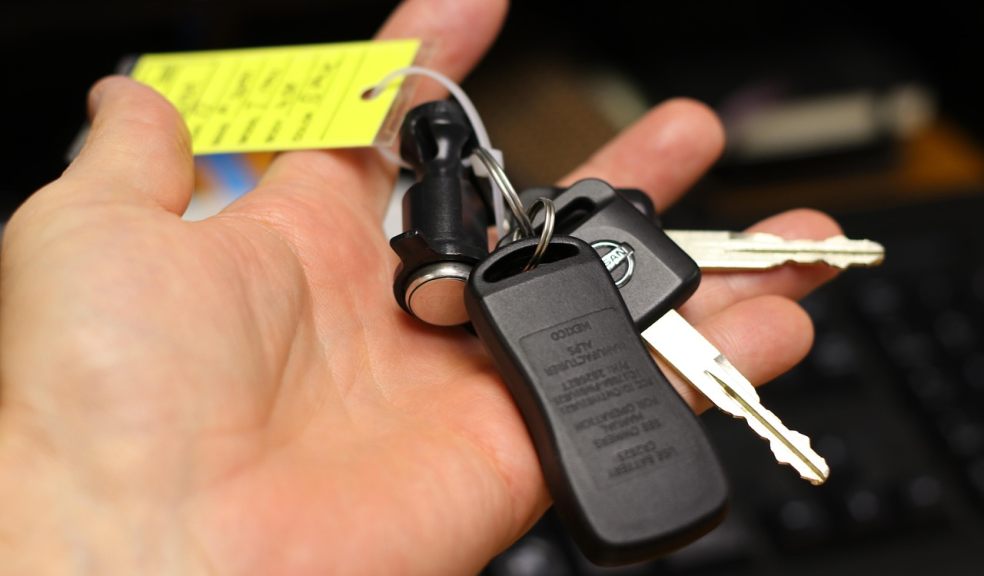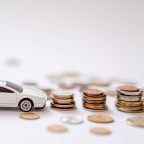
5 Things to Consider Before Buying a Second-Hand Car
Buying a second-hand car can be a smart financial decision, but only if you know what to look for. The used car market in the UK is vast, and while there are plenty of genuine sellers offering well-maintained vehicles, there are also risks you need to navigate.
Whether you’re buying from a private seller or a dealership, taking the time to research, inspect and verify every aspect of the vehicle can save you significant headaches in the long run.
Vehicle history and documentation
Before you even arrange a viewing, check the vehicle’s history. The V5C logbook should be present, and the details must match the seller’s information. If the name or address differs, ask for an explanation. Gaps in ownership history or multiple changes within a short period could indicate underlying issues.
A full service history is a strong sign of a well-maintained car. Receipts for past repairs and regular servicing show how the vehicle has been looked after. If service records are missing or inconsistent, it’s worth questioning why. You can also check the MOT history online using the DVLA’s service.
Mechanical and cosmetic condition
Once the paperwork checks out, it’s time to assess the car itself.
Start with the basics. Examine the bodywork for dents, rust or mismatched paint, which could suggest previous accident damage. Pay close attention to panel gaps as if they seem uneven, it might mean poor-quality repairs after a collision.
Under the bonnet, check for oil or coolant leaks, and look at the dipstick to ensure the oil is clean rather than sludgy. When you turn the key, the engine should start smoothly without excessive smoke or unusual noises. On a test drive, listen for knocking sounds or vibrations. Ensure the clutch, gearbox and brakes operate smoothly. If anything feels off, you could bring in a mechanic for a professional assessment.
Outstanding finance and legal status
You should never assume a car is free of financial or legal entanglements just because the seller seems trustworthy. A vehicle with outstanding finance still technically belongs to the finance company, not the seller. If you unknowingly buy a car with unpaid debt attached to it, you could lose both the car and your money.
The vehicle could also be stolen, previously written off or even subject to police interest. An HPI check can reveal such information, safeguarding you from potential pitfalls. Always verify that the VIN (Vehicle Identification Number) on the chassis matches the one on the logbook to ensure you’re looking at the legitimate car being sold.
Market value and depreciation trends
Not every second-hand car is a bargain, and some models hold their value better than others. Before committing to a purchase, you could compare similar vehicles found on online selling platforms. If the price seems too low, there may be hidden problems. If it’s too high, the seller might be overestimating its worth.
Depreciation varies between makes and models. Some cars tend to lose value quickly, while others retain their resale price better. If you plan to sell the car in a few years, choosing a model with strong residual value will save you money in the long run.
Seller reputation and purchase environment
Where and how you buy a second-hand car can make a huge difference. If you’re purchasing from a private seller, ask if you can meet at their home. A genuine seller should be happy for you to see where the car is registered. If they’re evasive, this could be a red flag.
Dealerships offer more legal protection, but not all are reputable. Check online reviews, look for a good track record and ensure they offer a proper warranty. If a dealer refuses to let you inspect the car independently, it’s best to look elsewhere.













